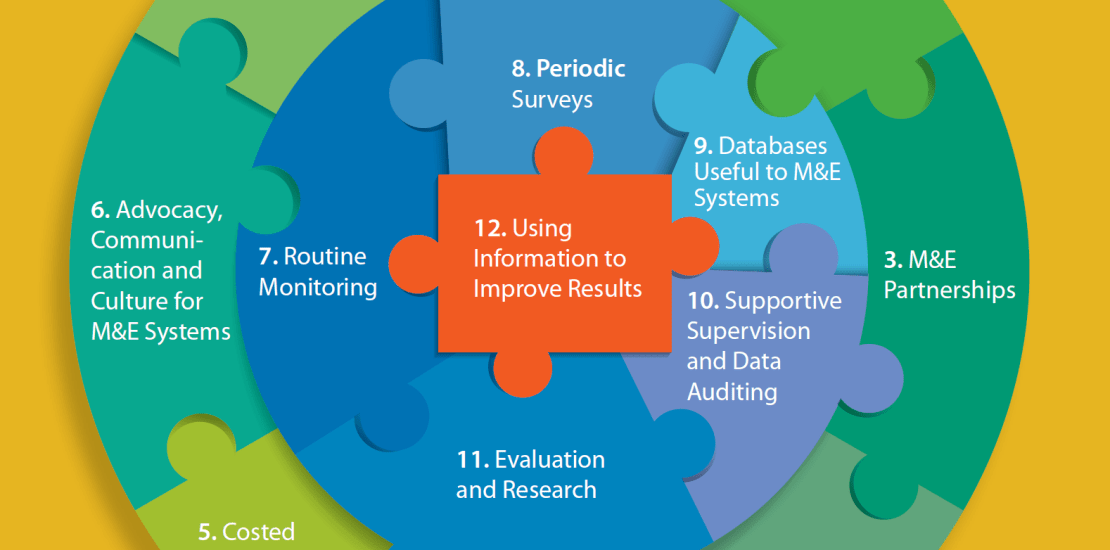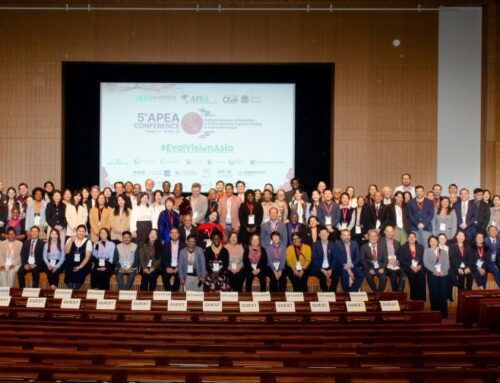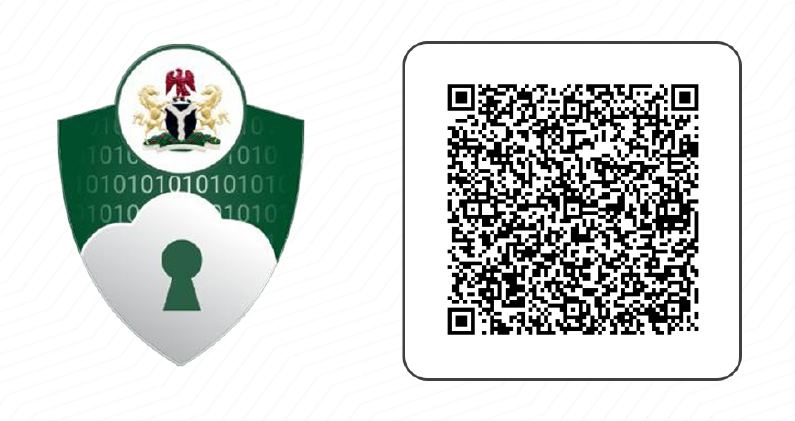The current Nigerian government has shown commitment toward reviving the Nigerian economy and attaining inclusive economic development in the nation. This commitment takes shape in the form of the initiation of the Economic Recovery and Growth Plan (ERGP) – a series of bold policy interventions aimed at tackling Nigeria's economic challenges and improving individual lives through social inclusion; and the government's ratification of the 2015 Sustainable Development Goals (SDGs).
This commitment to action has been followed by several policy implementations targeted at tackling the nation's economic challenges. Research has shown that while this action and implementation signify a necessary step toward the attainment of the country's goals, it also creates an added layer of responsibility upon which the government must act on in order to achieve its goals: developing a system to track, monitor and evaluate the implementation of said commitment made by the government. The success of the government's bold new initiatives hinges in large part on the successful creation and implementation of a Monitoring and Evaluation (M&E) system that monitors the implementation and performance of their policies and programs.

A commitment to action cannot be evaluated strictly on its meritoriousness, but rather, on its impact on the subjects of the commitment/action. This necessitates the integration of M&E into all decision making and planning processes. Such an integration will yield commitments that have clear and measurable results, as well as a meticulous approach to data collection and utilisation for tracking the progress of the action. At its best, a well-integrated, holistic and shared M&E system will assist the government in evaluating its performance and identifying factors that contribute to its service delivery outcomes. To wit, such a system is equipped to identify what works, what doesn't and what needs to be improved in policy and program design and implementation.
A Monitoring and Evaluation Readiness Assessment Study currently being conducted by Cloneshouse Nigeria underscores the significance of a strong M&E system in augmenting commitment efforts, strengthening mutual accountability for results and resources, and realizing the goals and targets of the ERGP and the SDGs. The Readiness Assessment is a diagnostic tool that offers a systematic approach to examining the requirements for introducing a strong and holistic framework for managing for results, and determining the capacity and willingness of the government to construct such a system. Essentially, this Readiness Assessment will lay the foundation upon which the M&E structure will be built.

For this project, Cloneshouse Nigeria is focusing on three key ministries – the Ministries of Health, Education and Water Resources, three areas that are constantly being identified by the poor as some of the most important services for wellbeing. However, considering that the broad scope of the ERGP and the SDGs extends beyond the scope of these three ministries, the Ministry of Budget and National Planning (BNP) is also of key interest, for the central role it plays in formulating and mainstreaming economic and development plans for the nation and providing and implementing budget and fiscal policies for the Federal Government. In essence, though the project is focusing on the aforementioned key service delivery ministries, we recognise that these ministries cannot work independently of each other. The work with the Ministry of BNP will provide insights that will lead to recommendations for a strong and collaborative M&E framework that works across sectors and jurisdictions that are both semi-autonomous and interconnected.
The first phase of this project involved a situation assessment of the MDAs of interest, using both primary and secondary research methods. The situation assessment constituted of an in-depth look into the nooks and crannies of the policy-making, planning, budgeting and implementation processes of the MDAs. This provided insight into the legal/institutional framework for M&E in Nigeria, the devolution of roles and responsibilities in the provision of public services, i.e. how the three tiers of government work in delivering public services, and aided in discerning the coordination and possible overlap of managerial and financial responsibilities at sector and national/subnational levels. Understanding managerial and financial roles and responsibilities at national and sub national levels, is critical for transparency, accountability and government coordination and will help unpack and frame our understanding of the current system for Monitoring and Evaluation.
M&E is a key element for successful planning and implementation of development efforts, especially in key service areas such as Health, Education and Water Delivery
The second phase will consist of a series of surveys and interviews. Respondents will include officials at different levels of government – those involved in data collection and those at the decision-making level, data users, and civil society. The structure and terminology of the survey and interview questions (which are currently being finalized) will be adjusted to better represent the practice of the respondents. The survey questions are designed to capture both the demand side (incentives and demands for build an M&E system); and the supply side (roles, responsibilities and capacity building requirements for an M&E system).
The information from the surveys and interviews will form the basis for three final reports, each one covering an assessment of each of the line ministries. The report will produce a scorecard that will enable the government to see where it stands against the standard. It will include a set of recommendations and an action plan for building an M&E system that links project, program, sector and national goals.
M&E is a key element for successful planning and implementation of development efforts, especially in key service areas such as Health, Education and Water Delivery. The Nigerian government has taken bold steps toward promoting sustained and inclusive economic development in Nigeria. With this project, Cloneshouse Nigeria aims to help lay the M&E foundation that will support them in achieving this goal. With the information contained in the reports, the Nigerian government will be poised to build an M&E system that is sensitive to Nigeria's development constraints and is reflective of local realities.
For more information, comments and suggestions, kindly reach out to Thelma Obiakor, Lead Research and Evaluation Consultant at thelmaobiakor@cloneshouse.com






Thank you